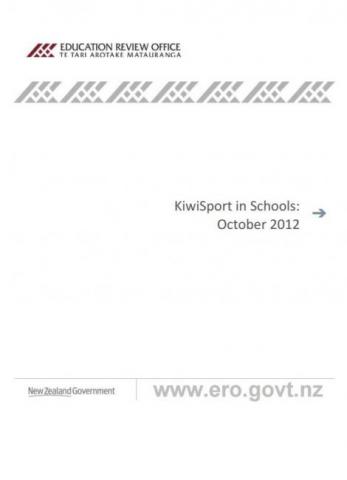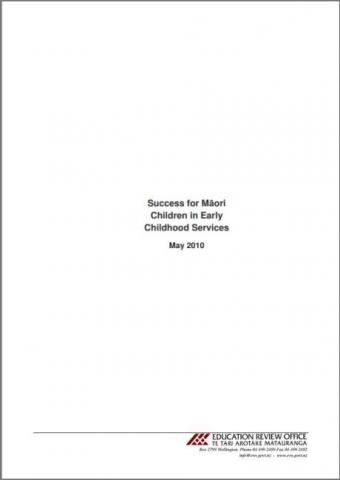Te Muka Here Tangata – The strand that binds people
Published: 06 May 2021
This case study explores the impact of the 2020 Covid-19 events on Māori learners in English-medium schools, and the response of leaders, schools and communities in the Bay of Plenty and East Coast regions.
- Audience:
- Academics
- Education
- Māori-medium
- Parents
- Schools
- Content type:
- Research
- Topics:
- Bicultural curriculum
- Bilingual
- East Coast region
- English-medium
- Cultural diversity
- Māori student achievement
- Māori parents and whanau
- Schools
- School community
- Te reo Māori
- Whānau
- Wellbeing
- Māori immersion
- Māori
- Manaakitanga
- Inclusive practices
- Inclusion
- COVID-19
- Principals' performance
- School leaders
- Teachers | Kaiako
- Whanaungatanga







